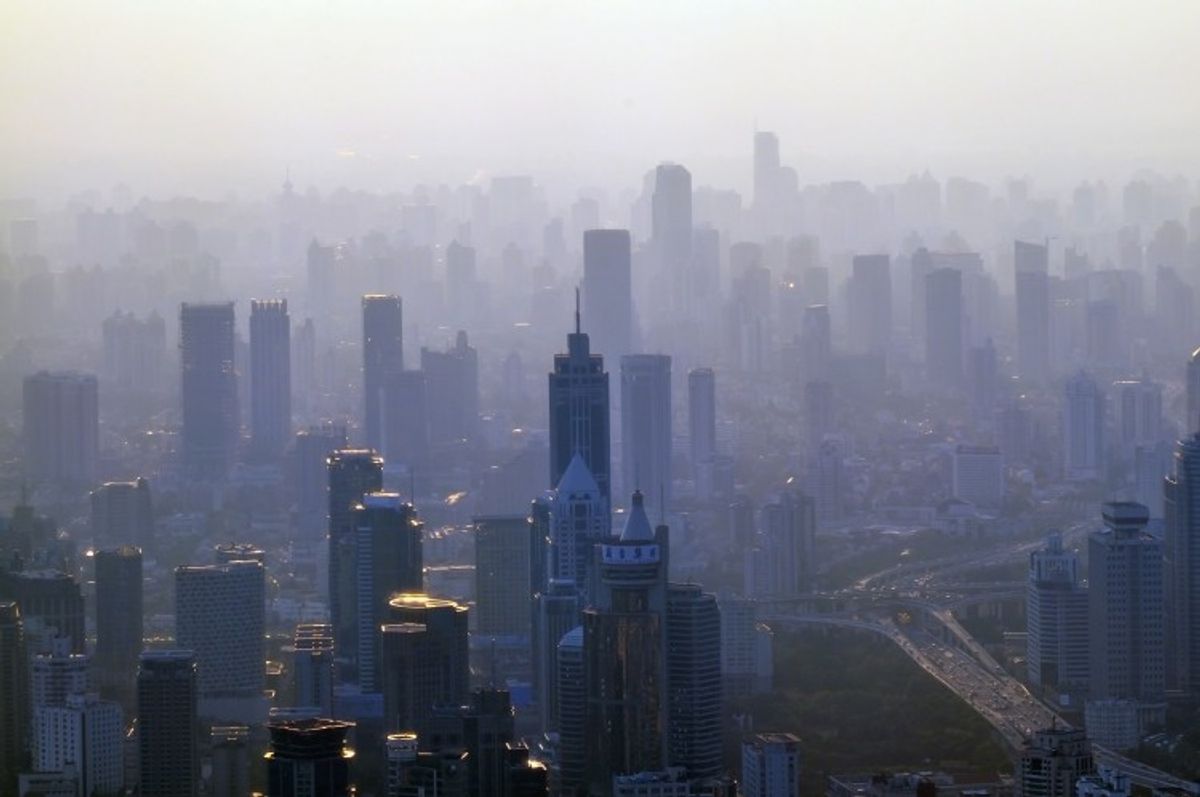The year that has passed since the last big carbon capture report has brought scant progress – perhaps even retrenchment – for the technology many see as vital to slow the rise of carbon dioxide in the atmosphere.
The Global Carbon Capture and Storage Institute said four projects came online in the past year, but the organization added that “momentum was too slow if CCS was to play its full part in tackling climate change at lowest cost.”
One of the CCS projects to come online in the past year: Air Products‘ carbon capture facility in Port Arthur, Texas. (image via Air Products)
That’s for sure: Since fall 2012, the number of big, integrated projects in the works has fallen from 75 to 65. “Five have been canceled, one downscaled and seven put on hold,” the organization said. Meanwhile, just three new projects were identified – one each in Brazil, China and Saudi Arabia.
The International Energy Agency has been counting on CCS to contribute 7 gigatons out of 42 gigatons in CO2 reductions under “2DS,” a least-cost scenario for keeping the global average temperature from rising more than that magic 2°C that climate people are always talking about. But with the passing of every new day, that scenario seems to get a little more shaky.
“Of concern is that no new projects were identified in Europe, nor are any under construction,” institute CEO Brad Page said in releasing this year’s GCCSI report. “Accordingly, what we need globally are technology-neutral policies that provide sufficient incentives for projects to develop robust long-term business cases and attract the private funding needed to create market conditions conducive to broadbased CCS deployment.”
As we’ve said, the case for CCS – grabbing the carbon produced from generating electricity from fossil fuels, and from a range of industrial processes, and storing it underground – has always been a little odd, predicated on the idea that it was unrealistic to expect immature and expensive clean energy technologies like solar and wind to shoulder the entire burden of reining in carbon emissions, particularly in developing countries.
But if anything, CCS is actually farther behind now than it was a few years ago, what with the cost of renewables dropping faster than anyone thought possible (which, by the way, CCS advocates partly attribute to policy support that tilts the balance in renewables’ favor).
Still, CCS backers worry that the lure of cheap fossil fuels makes the technology absolutely necessary.
“Fossil fuels are useful, plentiful and affordable, so of course we will continue to use them,” Professor Myles Allen, a lead author of the recent IPCC report, said in a statement. “To exploit this resource to the full, without further damaging the planet, we need CCS.”
![]()




Shares